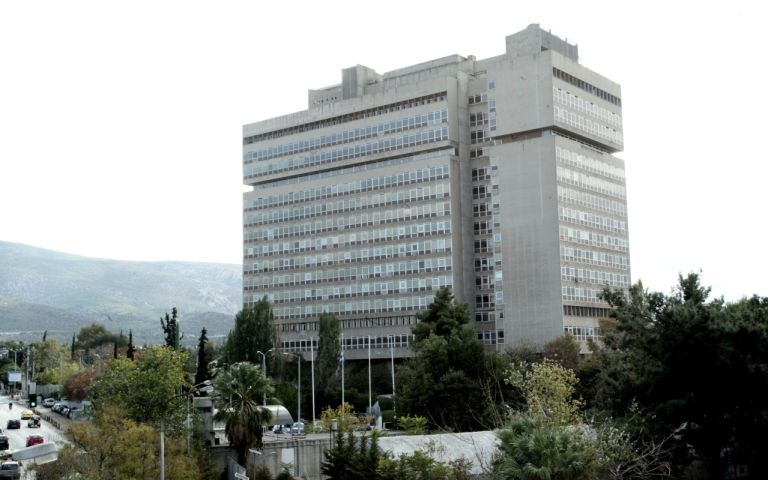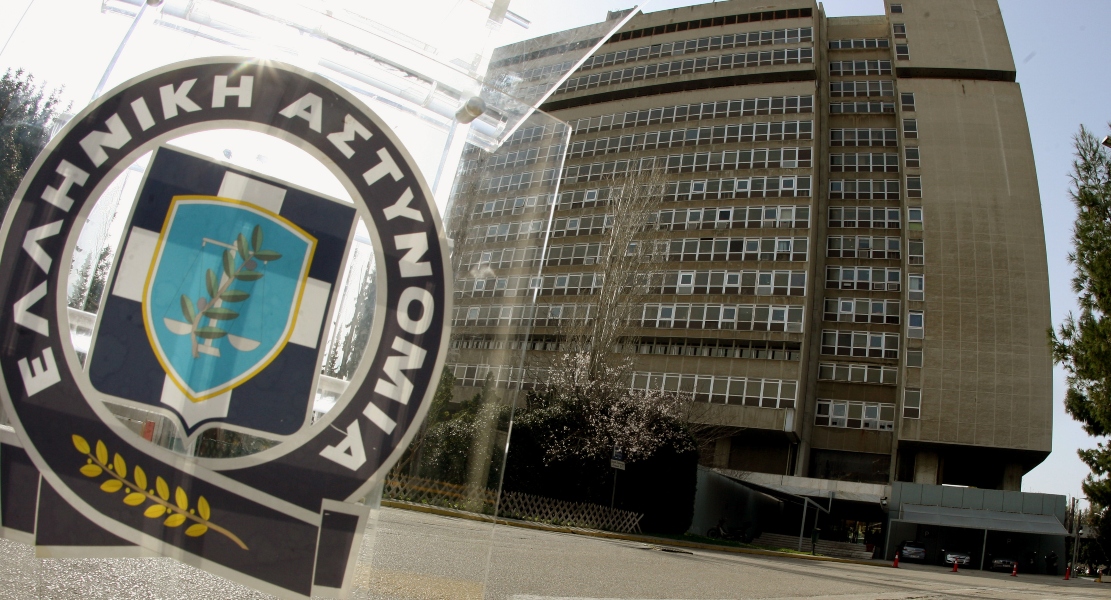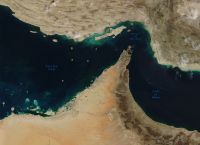Azerbaijani Spy Network Uncovered in Greece

Πηγή Φωτογραφίας: //ΧΡΗΣΤΟΣ ΜΠΟΝΗΣ//EUROKINISSI//Azerbaijani Spy Network Uncovered in Greece
Greek authorities have reportedly uncovered a network of Azerbaijani spies operating within Greece, potentially recruited and directed by Iranian intelligence, according to a recent report by Kathimerini.
The investigation, led by the Hellenic National Intelligence Service (EYP) and the Hellenic Police (EL.AS.), began following the arrest of a 26-year-old Azerbaijani national (N.J.) in Souda, Crete, in June 2025. Evidence suggests that this arrest may be just the tip of the iceberg, revealing a broader espionage operation involving multiple accomplices.
Key Findings from Surveillance and Device Analysis
A Greek intelligence official, speaking anonymously to Kathimerini, confirmed that analysis of the 26-year-old’s iPhone 14 Pro revealed frequent encrypted communications with Azerbaijani contacts — not only abroad but also within Greece, particularly on the island of Crete.
More alarmingly, some of these contacts are listed in foreign intelligence databases as suspected affiliates of the Islamic Revolutionary Guard Corps (IRGC) — a powerful paramilitary branch of Iran’s armed forces, notorious for orchestrating covert operations outside Iranian borders.
Suspicious Movements and the Taxi Connection
Further suspicion was raised by the discovery that the 26-year-old consistently used the same taxi driver for all his transportation on the island. Security officials identified multiple routes between Chania Airport and various locations in Crete, during which the taxi reportedly picked up incoming travelers from Azerbaijan.
Authorities now believe these individuals may have been fellow operatives or couriers, possibly involved in intelligence collection or support roles on behalf of the IRGC.

Link to Recent Arrest in Cyprus
The Greek investigation took a new turn when it emerged that the suspect may be linked to another Azerbaijani national, aged 44, who was arrested just days earlier in Cyprus. The Cypriot authorities detained the man for photographing sensitive military installations at the British base in Limassol.
Analysts identified multiple similarities between the two suspects:
- Both carried similar photographic surveillance equipment.
- Both used identical data encryption software, named “Encryptor”, to secure the digital files they sent back to their handlers.
- Both appear to have operated using near-identical protocols, suggesting a coordinated espionage strategy across national borders.
International Security Implications
The arrests in Greece and Cyprus have now drawn the attention of intelligence services across Europe and beyond, amid growing concerns over Iran’s covert activities through third-country nationals.
Greek officials suspect that the Azerbaijani operatives were acting as proxies for Iranian intelligence, in particular the IRGC’s external operations division, which has been repeatedly linked to espionage, sabotage, and hybrid threats in Western-aligned states.
Strategic Targeting of Greek Territory
The alleged spy network’s presence in Crete — an island hosting key NATO and U.S. military infrastructure — highlights Greece’s growing vulnerability to foreign espionage and influence operations.
The ongoing collaboration between EYP, EL.AS., and international partners aims to map and dismantle the broader network, while also assessing the strategic risks posed by Iranian-backed actors operating via intermediaries in Europe.
The case serves as a stark reminder that espionage threats are evolving, increasingly exploiting less-visible, third-party proxies to gain a foothold in sensitive geopolitical regions like the Eastern Mediterranean.
Source: pagenews.gr
Διαβάστε όλες τις τελευταίες Ειδήσεις από την Ελλάδα και τον Κόσμο






Το σχόλιο σας